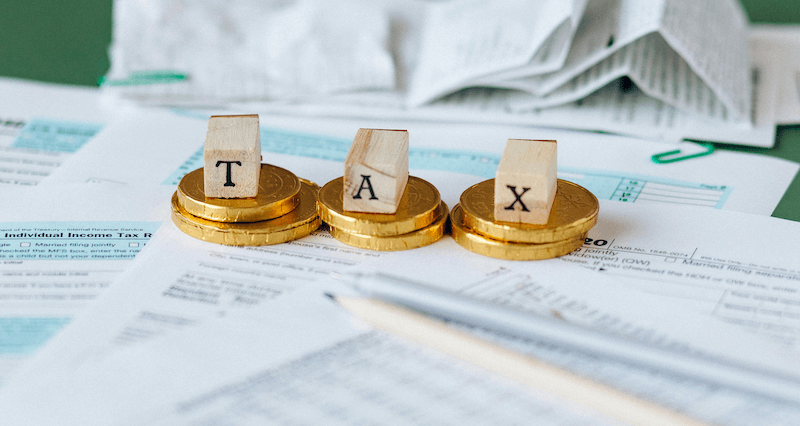How Small Business Owners Can Use a Solo 401(k) to Reduce Self-Employment Taxes
by Peter Rizzo

If you’re a small business owner or freelancer, you know self-employment taxes can take a big bite out of your income. But a Solo 401(k) isn’t just for retirement savings—it’s also a powerful tax reduction tool. Here’s how you can use one to keep more of your hard-earned money.
How Self-Employment Taxes Work
Self-employed individuals pay both the employer and employee share of Social Security and Medicare taxes, totaling 15.3% of net earnings. Unlike traditional employees, there’s no employer to split the bill. That’s where a Solo 401(k) can help.
The Tax-Saving Power of a Solo 401(k)
1. Reduce Your Taxable Income
Contributions to a traditional Solo 401(k) are made pre-tax, lowering your net self-employment income. Since self-employment tax is based on net earnings, lowering your taxable income reduces the amount subject to these taxes.
2. Maximize Contributions
For 2025, you can contribute up to:
- Employee Deferral: $23,500 (or $30,500 if you’re 50+) (Source: IRS)
- Employer Contribution: 25% of net self-employment income, up to a combined total of $70,000 (or $77,500 if 50+) (Source: Fidelity)
Example: If you earn $100,000 and contribute $30,000 to your Solo 401(k), your taxable income drops to $70,000, saving you thousands in taxes.
3. Roth Option for Future Tax-Free Withdrawals
Prefer to pay taxes now and skip them later? The Roth Solo 401(k) option lets you contribute after-tax dollars, so your withdrawals in retirement are tax-free. A great strategy if you expect to be in a higher tax bracket later.
Things to Keep in Mind
- You must be self-employed with no full-time employees (other than a spouse) to qualify.
- Contributions must be made by your tax filing deadline (including extensions).
- The plan must be set up before December 31 to take advantage of tax benefits for that year.
For more details, check out the IRS guidelines on Solo 401(k) plans: https://www.irs.gov/retirement-plans/one-participant-401k-plans
A Solo 401(k) isn’t just a retirement tool—it’s a smart tax strategy. By lowering your taxable income, you reduce what you owe in self-employment taxes and set yourself up for long-term financial success. If you’re serious about maximizing your earnings and minimizing taxes, a Solo 401(k) is worth considering.
For additional insights, check out Forbes’ guide on Solo 401(k) benefits: https://www.forbes.com/advisor/retirement/solo-401k/

0 Comments